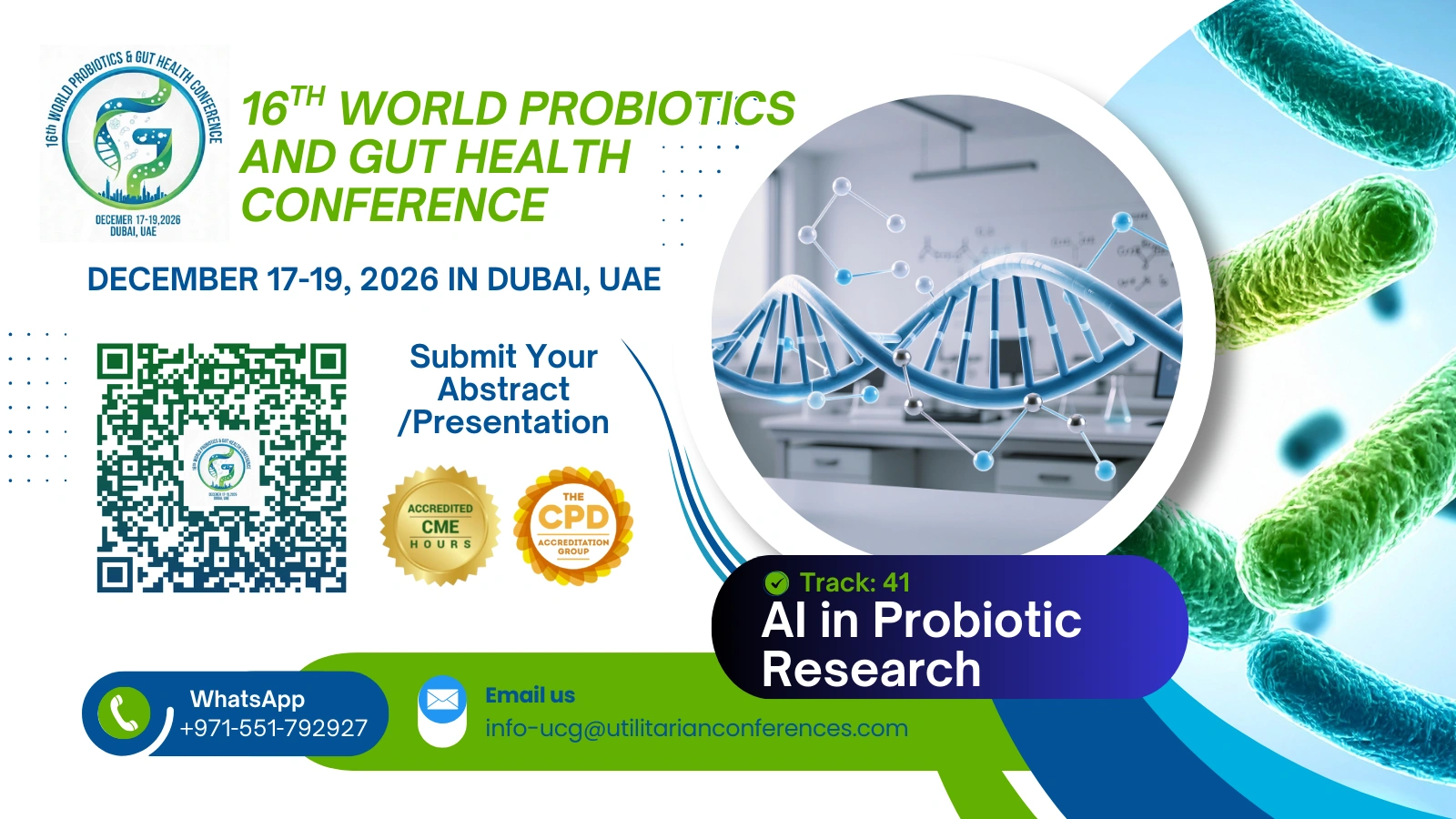AI is playing a transformative role in probiotic research, enhancing the
discovery, development, and application of beneficial microbes for human
health, agriculture, and other industries. Here are some key areas where AI is
making an impact:
1. Microbiome Analysis and
Pattern Recognition
- AI can
process vast amounts of microbiome sequencing data to identify beneficial
probiotic strains.
- Machine
learning models detect correlations between specific microbial species and
health conditions.
- AI-powered
algorithms predict how different probiotics influence gut microbiota
composition.
2. Strain Discovery and
Optimization
- AI helps
screen and select probiotic strains with desired health effects.
- Deep
learning models can predict the survivability, stability, and function of
probiotic strains under different conditions.
- AI-assisted
genetic analysis can modify or enhance probiotics for better efficacy.
3. Personalized Probiotics and
Precision Medicine
- AI can
analyze an individual's gut microbiome and recommend customized probiotic
formulations.
- AI-driven
platforms integrate genomic, metabolic, and dietary data to tailor
probiotics for specific health conditions like IBS, obesity, or mental
health.
4. Drug Development and
Probiotic-Based Therapeutics
- AI
accelerates probiotic drug discovery by modeling interactions between
probiotics and host physiology.
- AI helps
identify probiotic strains with potential applications in disease
prevention and treatment.
5. Quality Control and
Manufacturing
- AI-powered
robotics streamline probiotic production, ensuring consistency and
efficiency.
- AI
monitors fermentation processes, detecting anomalies and optimizing yield.
- Predictive
analytics improve probiotic shelf stability and potency.
6. Consumer and Market Trends
Analysis
- AI
analyzes social media, reviews, and clinical research to predict probiotic
market trends.
- Chatbots
and AI-powered apps assist consumers in selecting the best probiotics
based on symptoms and preferences.





